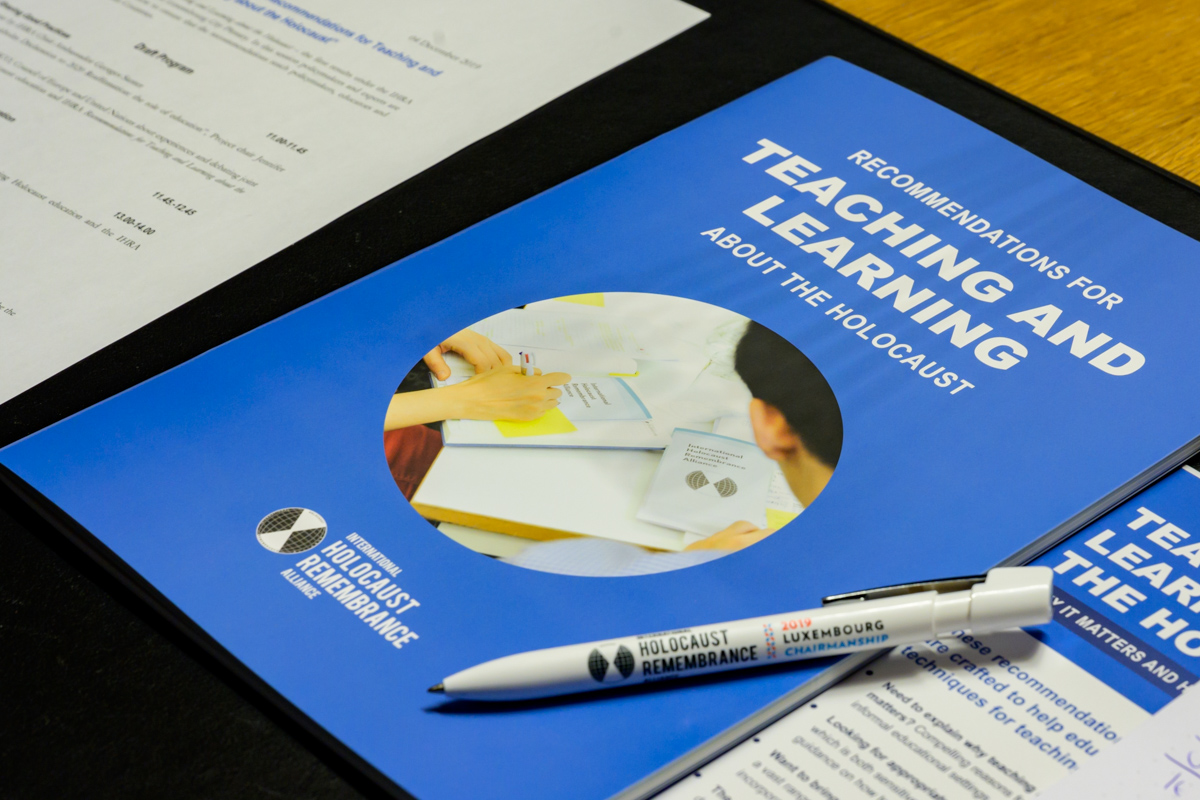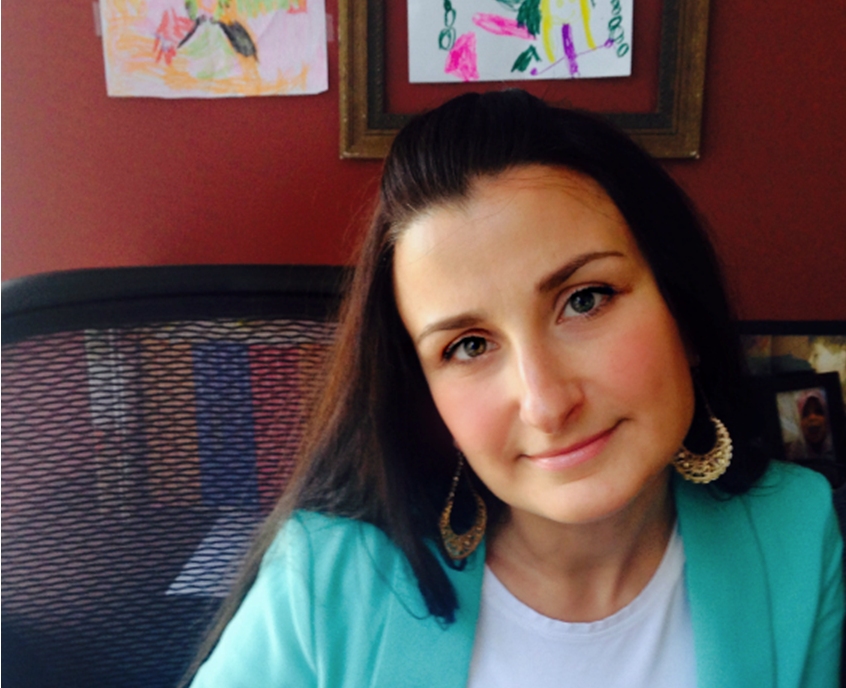Stories of Impact: Combating antisemitism through education

Antisemitism takes many forms and varies across different national and cultural contexts. For educators and teacher trainers, knowing how to identify and respond to antisemitism and which tools are available is essential.
Learn about the initiatives approach and activities.
The International Holocaust Remembrance Alliance draws on the expertise of professionals from over 35 countries to address antisemitism through education. By highlighting effective practices, facilitating professional exchange, and curating global and local resources, the IHRA provides guidance for educators and policymakers alike. Sharing stories, strategies, and practical tools equips teachers with the knowledge, support, and networks needed to respond to antisemitism in diverse learning environments.
Watch a discussion session with Dr Robert Williams, Advisor to the IHRA, Alex Maws, Head of Education and Heritage at The Association of Jewish Refugees (AJR), and Jody Spiegel, Director of the Holocaust Survivor Memoirs Program at The Azrieli Foundation.

Educators are not alone in this work—well-developed materials and structured guidance are available to help navigate the complexities of antisemitism in education.

Educational responses must reflect the specific realities of each country and community. Drawing on local knowledge ensures relevance and resonance in the classroom.

Addressing antisemitism can be challenging, but uncertainty should not be a barrier. With professional reflection and appropriate support, educators can lead these conversations with clarity and confidence.



These recommendations were crafted to help curriculum developers and educators teach about the complex and nuanced history of the Holocaust.
Learn more about the Project's co-chairs Jody Spiegel and Alex Maws.

Director, Holocaust Survivor Memoirs Program
The Azrieli Foundation

Head of Education and Heritage
The Association of Jewish Refugees (AJR)
Martin Winstone (UK)
Suzanne Rutland (Australia)
Richelle Budd-Caplan (Israel)
Jurmet Huitema-De Waal (Netherlands)
Alina Bricman (Romania)
Patrick Siegele (Austria)